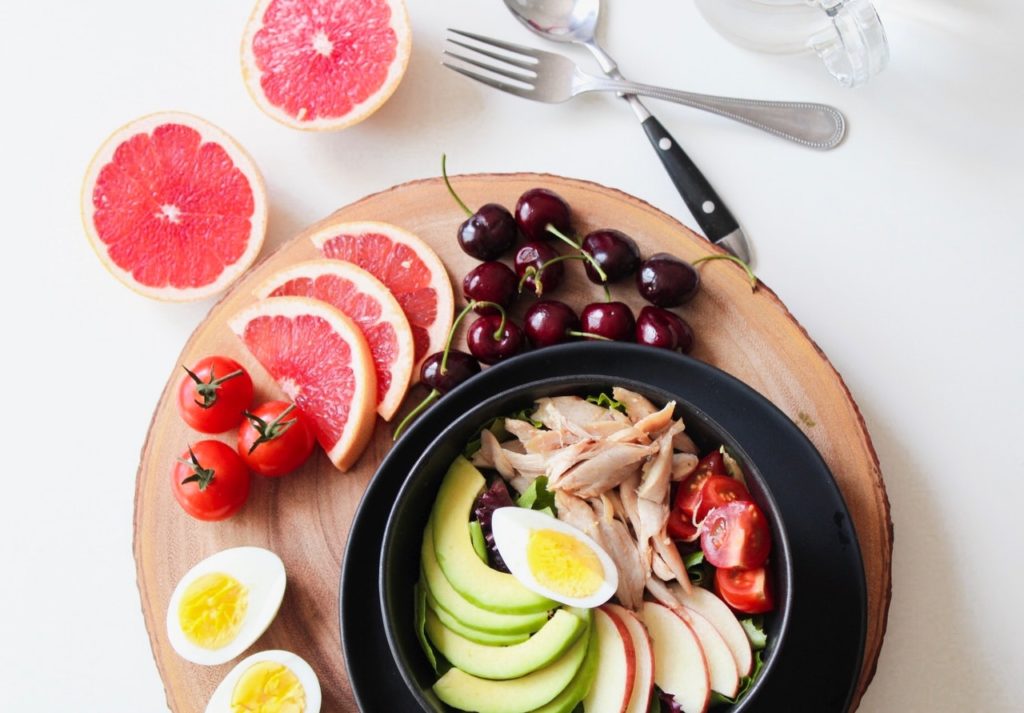One of the most pressing health concerns in the medical community is cancer. This isn’t a surprise when cancer is known for having one of the highest mortality rates around the world, with around 158.3 per 100,000 men and women suffering every year.
Most would suggest that a person’s lifestyle will usually be a significant contributor to cancer. But the concept of “lifestyle” can be quite general, and the correlations between exercise, diet, and environmental factors to terminal illness can be complicated. The connection between nutrition and diet to cancer is shrouded in mystery, even to the medical community. While it’s true that certain types of food can contribute to having an increased risk of cancer, this doesn’t mean that these types of food can always cause cancer.
If this is the case, the best way of fighting cancer is by preventing it in the first place. Most nutritionists and dieticians would suggest having an anti-cancer meal plan. But how does it help our body? Here’s what you’ll need to know.
Fighting Cancer With Diet
As the name suggests, an anti-cancer meal plan reduces the risk of cancer by eating food that doesn’t have certain substances. The unique advantage of having an anti-cancer diet is that it’s more flexible than other meal plans since you’ll be able to create plans that are conducive to your body. Each person has a unique biochemistry and will react in a different way to each type of food.
In general, the best way of reducing the risk of cancer in terms of nutrition is focusing on a versatile, balanced, and healthy diet. Most would suggest food that contains whole grain, fruits, vegetables, and lean meat.
Cancer Risk and Screening In Medical Establishments
But before we can get into planning out your diet, we have first to take a look at what could affect cancer risk more comprehensively.
It’s important to note that going on this type of diet does not necessarily guarantee that you are immune to the chance of getting cancer, and it can happen to some of the healthiest individuals that have a strict diet plan.
Since cancer is often related to family history, it’s essential to consult a well-versed professional in the matter. Most tests will involve observing a variety of symptoms. Much of these symptoms include drastic changes in warms and moles, lumps, or growths in certain parts of the body. ;
Cancer can usually be treated through a variety of medical operations. Some of these include chemotherapy, radiation, surgery. In most severe cases, the three will need to be done in quick succession, depending on the stage of cancer.
Medical equipment that’s used for screening cancer can be scarce in remote areas. If you’re managing an institution or a non-profit organization that’s dedicated to dealing with cancer, you might want to consider asking for help from cancer screening lead generation services. Being able to connect with prospective clients and businesses can help your patients and clients achieve a healthier lifestyle.
Planning Out Your Diet
While the anti-cancer diet does give you the freedom to do what you want for your diet, there are still some guidelines that you’ll need to follow. Here’s what you’ll need to know.
Adding Fruits and Veggies
First and foremost, we have to prioritize one of the most important ingredients in this diet that are packed with antioxidants and flavonoids: fruits and vegetables. These substances are great ways of decreasing the likelihood of cancer.

Most dieticians suggest having around five servings of vegetables, equivalent to around two servings of fruits in a day. In terms of more accurate measurement, one serving of veggies is around half a cup of cooked veggies or at least 1 cup of salad. One serving of fruits is equal to approximately two pierces of a small-sized fruit when it comes to fruits.
Lean Meat
Although most medical practitioners would say that red meat and a variety of other processed meat can increase the risk of cancer, it is still important when it comes to being a source of protein, vitamins, and iron. However, it’s crucial to regulate the amount you’re consuming every week, with no more than 3 – 4 servings. Most would suggest substituting meat with four servings of fish, seafood, or chicken.
To make measuring easier, one serving is equivalent to:
- 65 grams of lean meat that’s cooked
- 80 grams of cooked poultry
- One hundred grams of fish or seafood.
It’s important to remember that these are only guidelines that cater to much of the general population. You’ll need to see an expert that can design your diet to your particular needs.
Adding Fiber To Your Diet
Lastly, fiber will always be an important part of your diet since this will help improve much of your bowel movement. It’s important to note that your GI tract is exposed to a variety of cancer-causing carcinogens. Around four serving of cereals and carbs is now sufficient for one day.
Presently, the correlation between nutrition and cancer is still largely unknown. But even though much still needs to be studied when it comes to cancer, the anti-cancer diet has proven to be an effective means of battling cancer in the body.

